As we near the NCAA’s Early Signing Period (November 11-18, 2015), there will be seniors from all over the world making their final decision on where they will play their college golf. The majority have already made a verbal commitment, in some cases as early as their freshman or sophomore year, and will now make it official by signing their NLI (National Letter of Intent).
It’s the moment every young golfer dreams about from the time they play their first tournament, well that and maybe making the winning putt to win The Masters or the US Women’s Open. It’s their day to announce to the world where they have officially committed to play college golf. They wear their future college colors, and while surrounded by their parents and coaches, they have their picture taken as they sign their NLI.
Don’t get me wrong, every young golfer should be thrilled and excited for this day in their junior golf career, it’s a huge accomplishment, but many get one step ahead of themselves and fail to take the decision making part serious enough to insure they find the right fit. They don’t weigh out all the pros and cons and put more emphasis on the less important parts of the decision, than the factors that will have the bigger impact on their college careers.
Unfortunately there isn’t an exact blueprint for a junior golfer to make their college decision. Each young golfer has their own preferences and reasons for what they want out of their college golf experience. Some want a big university, while others want a smaller environment, some want a competitive golf program, while others want a more laidback environment, some want to stay close to home, while others are ok with going farther away from home. This list can continue on and on, but the takeaway is that each junior golfer has to figure out what the most important factors are for their own happiness.
If you are nearing the end of your decision making process, hopefully that means you have already visited numerous universities, met with the coaches, asked lots of great questions and maintained communication throughout the process. If you want to insure you find the right fit, you must do your homework by asking the right questions and getting to know the coach and golf program as much as possible. You then need to figure out what it is that YOU want out of your college experience. Many times this can change once you get to college, sometimes even before then, but you have to do all that you can to weigh out the important factors and make the best decision you can for yourself.
Below are just a few areas to consider as you make your decision. As I mentioned before, there isn’t an exact blueprint that every golfer can follow in order to make their decision and many times you may have to sacrifice a few of your ideal factors in order to put all of the pieces together into the best fit possible. But there are a few key areas that will have a huge impact on a golfer’s college experience no matter what level of golf they decide to play.
- Coach personality and philosophy – No matter where you play your college golf, the relationship you develop with your college coach is one that will have a huge impact on your college experience and the rest of your life. Do everything you can during the process to ask questions and get to know the coach. Remember you are trying to get to know them just as they are trying to get to know you. Don’t hesitate to call and talk to them as often as you can, ask them lots of questions, go watch them at a tournament to see how they interact with their players and ask the team members how they feel about the coach (keeping in mind this can be a tad biased depending on the player’s own experience). While you can’t pick a university specifically for the coach (the coach may leave before you even get there), you do need to make sure you have complete respect, share the same expectations, and feel comfortable with the coach you choose to play for or else it will be a long four or five years.
- Team atmosphere – You will probably spend more time with your teammates than you will anybody else at the university. You are going to be dealing with the same struggles, same schedule and same demands so you must see yourself fitting in with the team. This doesn’t mean everyone on the team is going to be best friends and run in the same social circles, but you must be able to imagine yourself on the bus with the team for long drives to and from tournaments, eating dinner together, staying in the hotel together, getting your butts kicked at workouts together, going through hours of practice drills together, having those tough team meetings together, cheering each other on at tournaments and supporting each other through the ups and the downs. Golf teams are small, tight knit families so really take this into consideration when making your decision.
- Academic rigor – Many junior golfers are also great students in the classroom. I feel like at least 50% of them when I do an evaluation or consultation, a big focus is on insuring the golfer goes to a good academic school over just playing college golf. This is certainly an area that is very dependent on the golfers goals and aspirations with their life beyond college golf. I never advise for lowering standards with academic selectivity just to play college golf, but I do emphasize the importance of being a college athlete in the real world if you are able to find the right fit with both. My main piece of general advice is to keep in mind that if you struggle in high school to keep up good grades, while playing junior golf, then it will only be harder once you get to college. A very demanding golf program, plus a very demanding academic school can be difficult for even the best of students and the best of junior golfers, especially if you want to have an active social life. Don’t be afraid to push yourself with high demands for yourself, but understand how difficult it will be to juggle even just 2 very demanding areas in college, much less all 3 areas (golf, academic and social).
- Distance from home – This was an area which played a big factor in my own decision, that looking back I have a slightly different perspective on. I grew up in a very small town, and while I was determined to escape the small town environment, I was plagued by the comfort of not going too far just yet. I was a popular kid in my high school (3 sport athlete, salutatorian, homecoming court, etc) but I was not the most out-going, independent, maturest of kids either. So I turned down several offers to visit great universities that were 4+ hours away because I was afraid to go that far away from home, not even giving myself the chance to step out of my comfort zone. And I definitely knew we wouldn’t have the money to fly me home very often if I went flying distance away. I wasn’t sure how I would adjust, knowing that I couldn’t go home whenever I wanted or needed to. While it worked out great for me (I was able to go to my dream school anyways, which just happened to be 45 mins from home) I do wish I would have considered more options that were within a reasonable distance from home and given myself the chance to at least explore those possibilities. So my best advice on this area of your decision is to consider what is comfortable to you that will allow you to focus on school and golf, but not to be afraid to step just a bit farther from what you may consider your comfort zone. Once you get settled on campus you are going to make so many new friends and create a new life that being away from home won’t even be that big of a deal after all.
- Size of school – This is certainly a factor that means more to some, than to others. I never really thought much about it when making my decision (shame on me, I know) but luckily my dream golf program, just happened to be a smaller university, with strong academics but still D1 athletics so I got the right combination that fit me at that stage in my life. I did miss out on the big time athletic department with the crazy football tailgates, loud basketball arena crowds and massive facilities, but at the end of the day it’s probably not the environment I would have thrived in. I am a huge sports fan, but the big classrooms, easy distractions and intimidation factor of a big campus would have overwhelmed me. I understand when a junior golfers tells me they would rather go to their big state university, than to a small school just to play golf, but one thing to keep in mind is that you can always make that decision later on if you aren’t happy (or go to a big university for grad school), but you can never go back and have the opportunity to play college golf once you give that up. So don’t let size or big time athletic department play too much of a factor in your decision, you will come to find out that you can make the most of your experience no matter the size of the campus, big or small. And big athletic departments come with higher demands, expectations and commitment than some junior golfers are willing to put in.
- Playing time – This is another area that can’t always be a definite fact when making your decision, but it is an important factor to consider that can play a major role in your college golf experience. Listen to what the coaches tell you about their thoughts of your playing time, especially the ones who have been in coaching for many years. They have seen all sorts of players with potential and what happens once they get to college. They know the signs, the important skills, and the areas of strengths and weaknesses to look for among players. Don’t think they are telling you their opinion just because they don’t want you on their team, they are just being honest. This area of the decision making factor is one of the toughest and least favorite parts of my job. I never want to be the pessimist and tell a junior golfer that I don’t think they will get much playing time at a particular school, I know what it was like to have big dreams and big goals, but the level of competition in college golf is so much tougher than junior golfers and parents can usually comprehend. It’s OK to go into a program knowing you have to work hard to earn a playing spot, I chose that route over a program where I knew I would always be in the lineup. Fortunately for me it worked out in my favor and I was able to qualify for every tournament, all 4 years, but I see it more times that it happens the other way and players get very discouraged. I have huge respect and admiration for the players who have the determination and will to work hard to improve and earn their spot, but many times it just doesn’t end up being the case and they don’t get enough playing time. This area of the decision making process is such a tough factor to predict but it is a huge factor to consider, so really dig deep and ask yourself about the reality of playing time and earning your spot on the team.


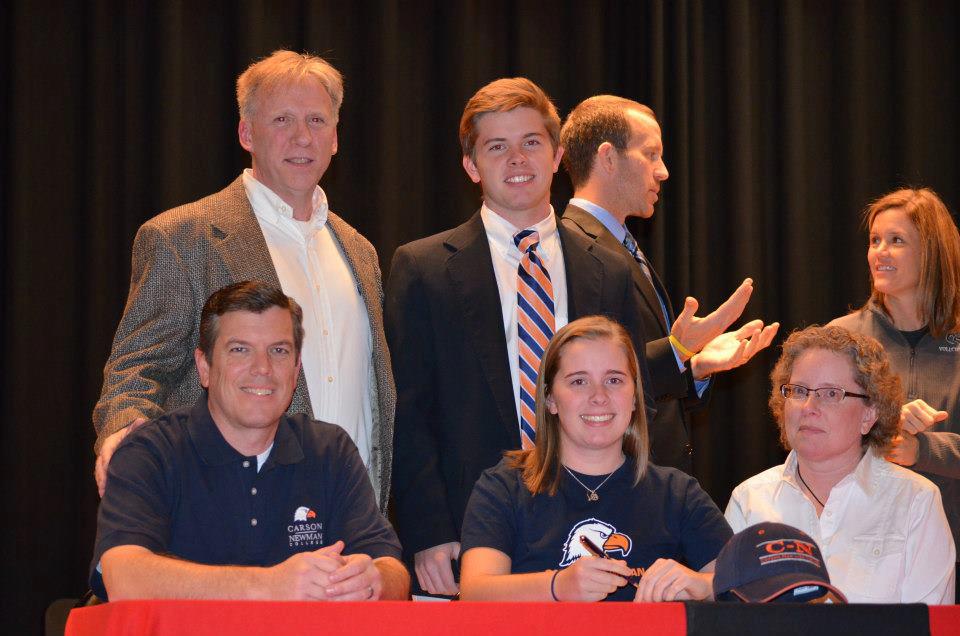

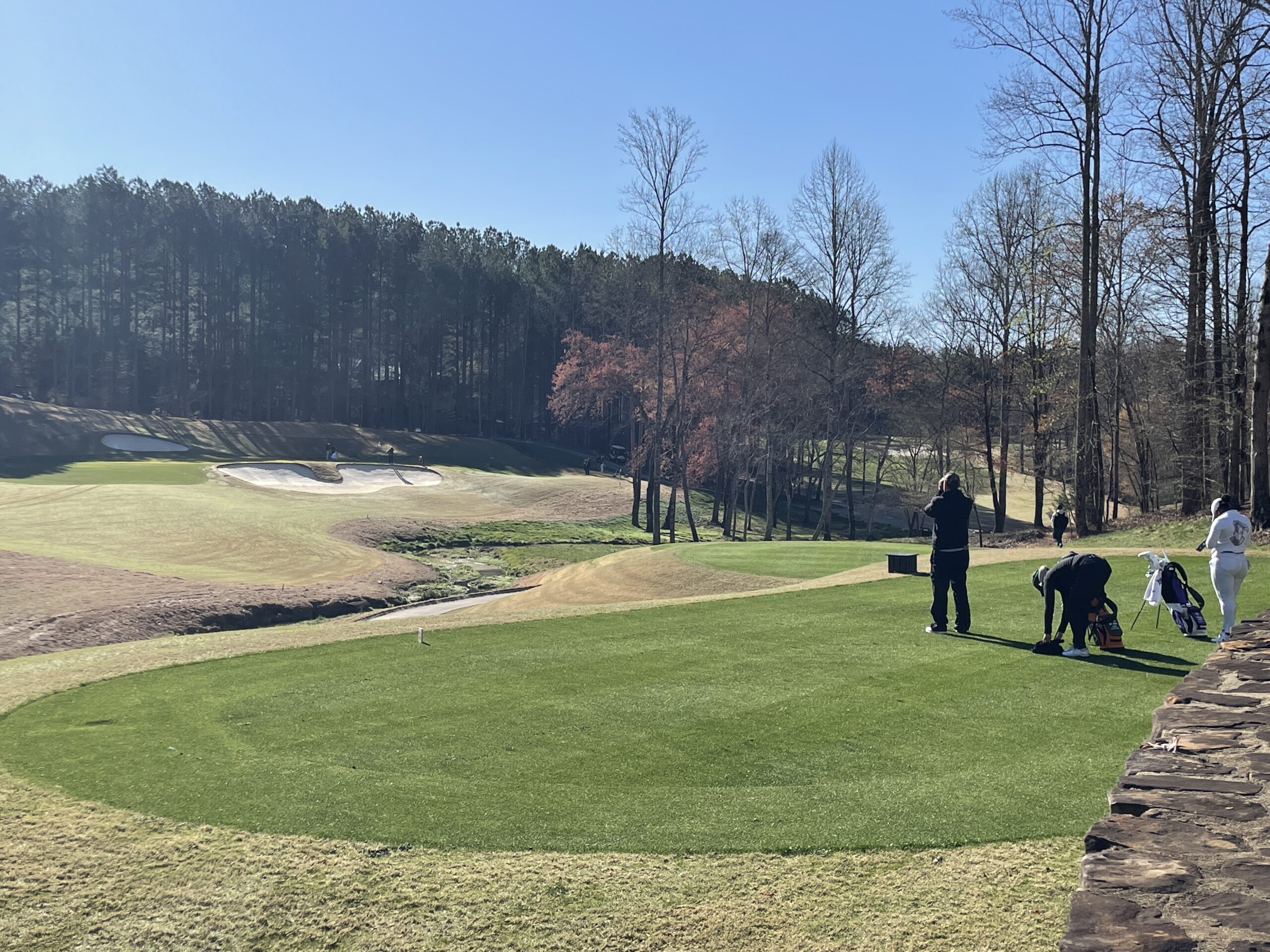
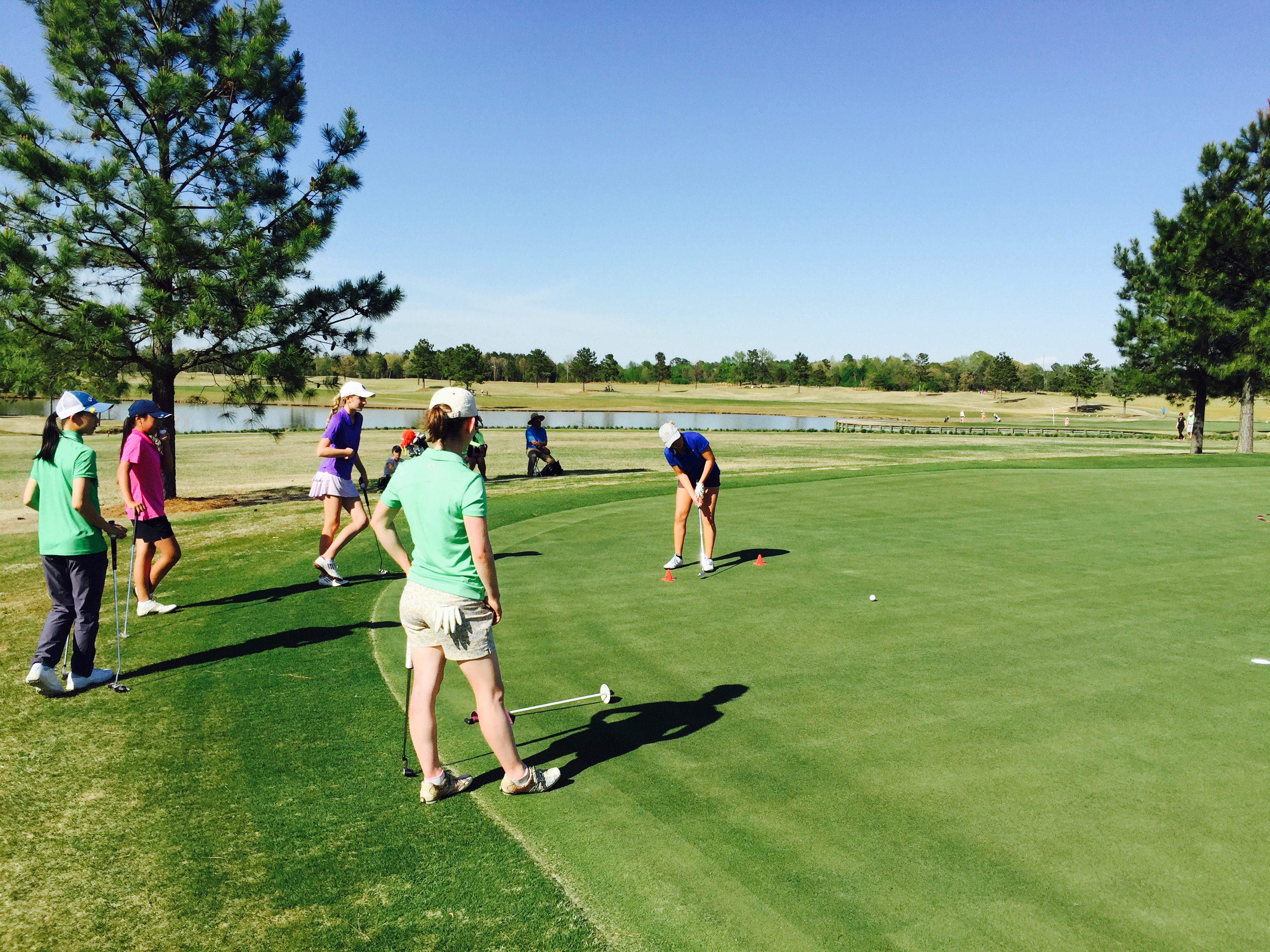
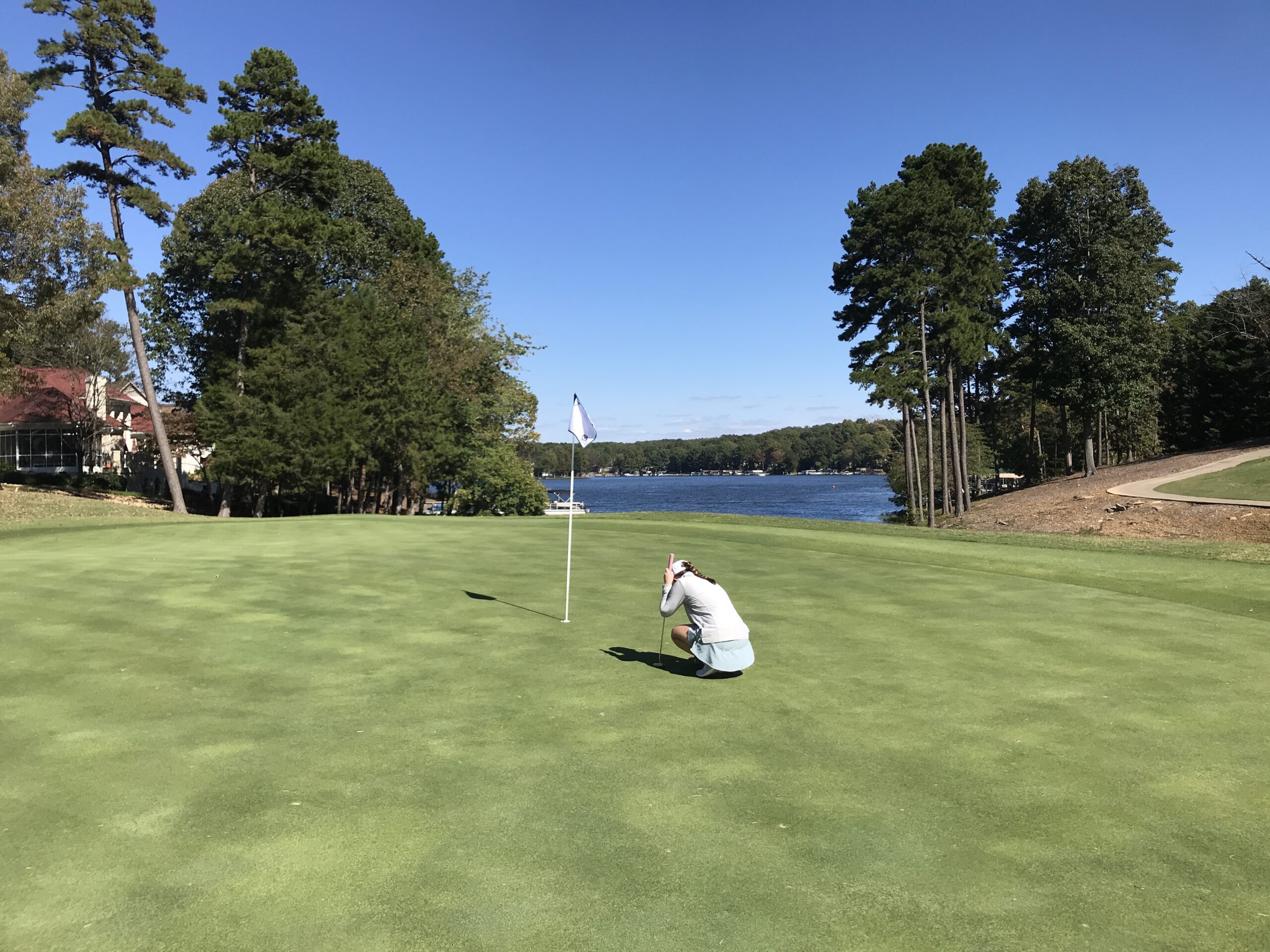
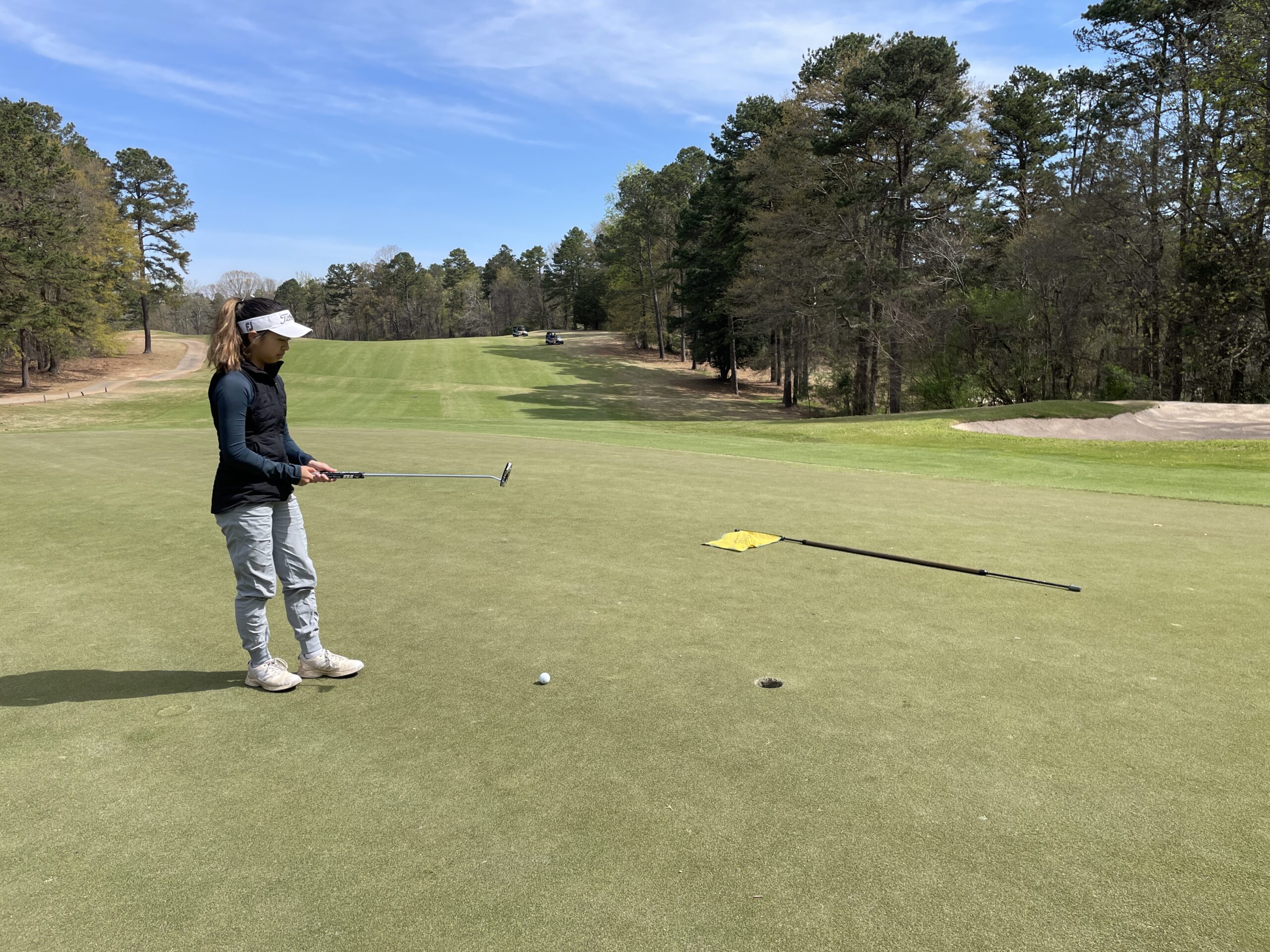
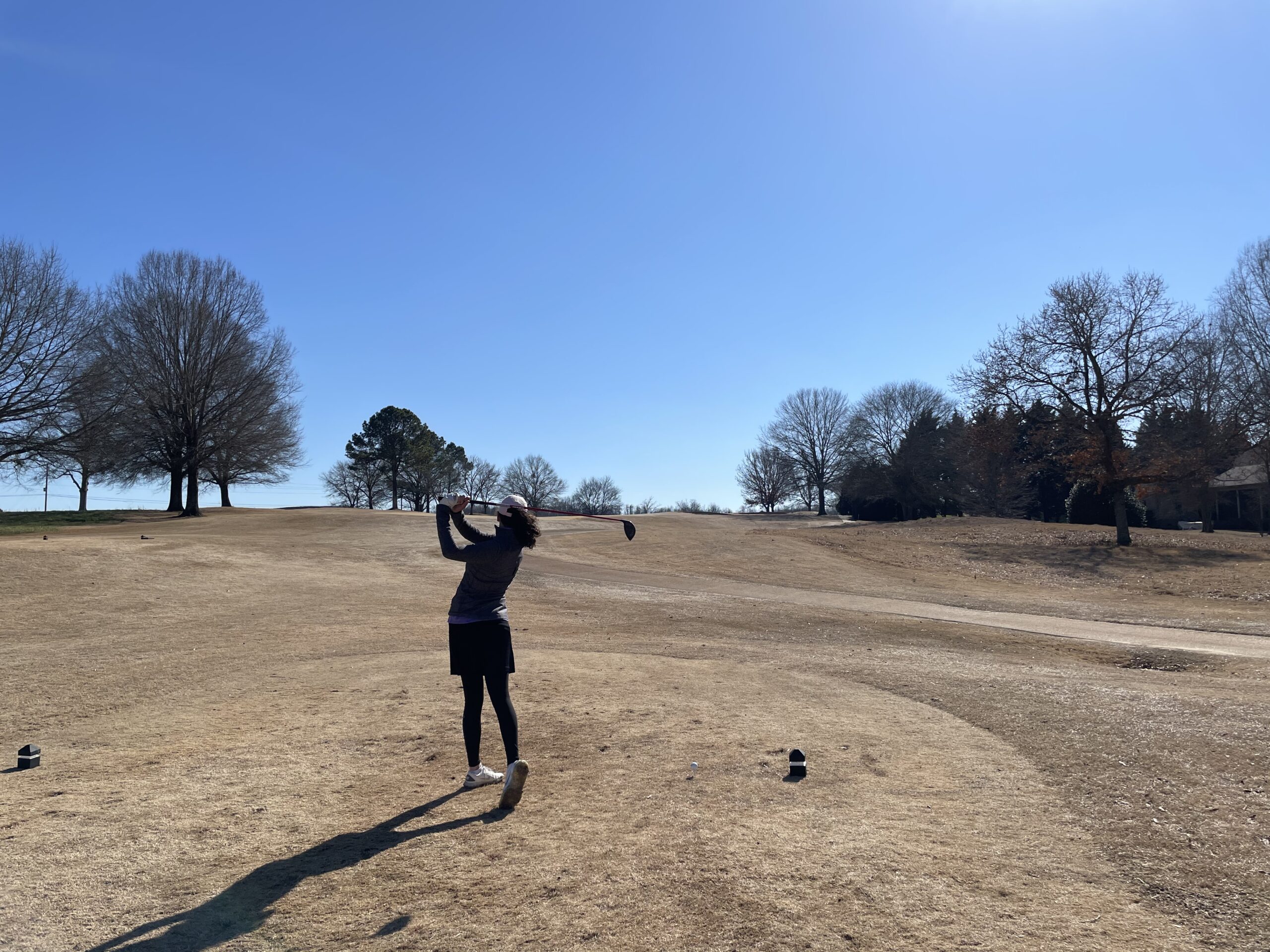
Leave A Comment